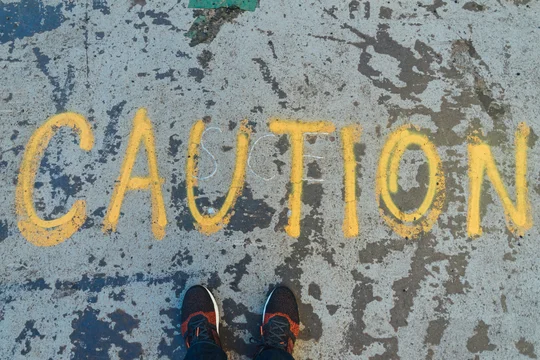
More and more NPE cases have moved to Delaware over the last few years, following TC Heartland. Defendants often try to deal with NPE cases by threatening fees under 35 U.S.C. § 285, with varying degrees of success.
A § 285 fees opinion today by Judge Stark offers an interesting data point as to what kind of conduct is not sufficient to render a case as a whole exceptional under § 285, as well as a lesson on how to best to pursue a fees motion.
In Intellectual Ventures I LLC v. Trend Micro Inc., C.A. No. 12-1581-LPS (D. Del.), the patentee's expert admitted on the stand, in front of the jury, to changing his opinion as to the requirements of an asserted claim after speaking with the patentee's attorneys:
During trial in the Symantec Action, IV's expert changed his opinion, testifying on cross-examination that "bulk email" was not a characteristic of claim 9 of the '050 patent. . . . The expert testified that he had "changed [his] opinion after [he] had a chance to prepare for trial working with Intellectual Ventures' lawyers."
Perhaps unsurprisingly, the jury found no infringement of that patent, even though they did find infringement of two others. (I wouldn't want to be the attorney who had prepped that expert to testify that day...)
Counsel for the patentee then failed to explain the changed opinion to the Court:
[C]ounsel for IV was unable to provide any reasonable explanation for the expert's trial testimony, and instead argued that there was no inconsistency (despite clear evidence to the contrary) and that no relief was warranted.
The Court then found that the case as a whole was not exceptional, but that the patentee's conduct with regard to the expert's changed opinion was exceptional, and awarded $444,051.14 in fees under § 285.
The patentee appealed and won. The Federal Circuit held that the Court must consider whether the case as a whole was exceptional, rather than considering only a portion of the case.
Today's opinion addresses the issue on remand, and finds that the single changed opinion, even if it cost $444k+ in fees to the other side, was not enough to render the case as a whole exceptional:
[C]onsidering the totality of circumstances, including IV's expert's changed opinion and the related events (including events in connection with the motion for clarification), this case overall is not exceptional. . . . The only aspect of this lengthy litigation which "stood out" was IV's expert's change of testimony and IV' s response to that change, which included denying that it was a change. While this was an unfortunate misstep by IV, and drove up Trend Micro' s expenses by more than $444,000, this isolated conduct is not sufficient, when considered as part of and along with the totality of the circumstances, to make this case stand out from other patent cases.
Not only is this a useful data point, it's also also a reminder that in arguing § 285 motions, parties must argue that the entire case is exceptional, not just that a specific instance of conduct was. That was likely an uphill battle in this instance, where the patentee won on two of the three asserted patents.
If you enjoyed this post, consider subscribing to receive free e-mail updates about new posts.






